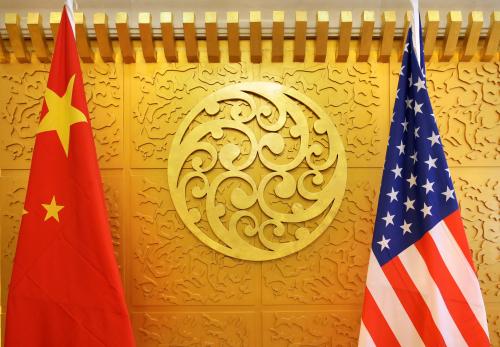

9:00 am EDT - 10:30 am EDT
Past Event
9:00 am - 10:30 am EDT
1775 Massachusetts Avenue N.W.
Washington, DC
20036
In his October 4 speech on U.S.-China relations, Vice President Mike Pence underscored the Trump administration’s commitment to “reset America’s economic and strategic relationship with China,” reinforcing the administration’s move in its 2017 National Security Strategy to describe China as a “strategic competitor.” Tensions between Washington and Beijing continue to mount over issues ranging from trade and technology transfer to freedom of navigation and overflight to the future of Taiwan.
There has been less attention, however, to how ideology and values may shape U.S.-China competition.
On October 18, Brookings’s Project on International Order and Strategy, and the John L. Thornton China Center hosted a discussion of how ideology and values may intensify U.S.-China rivalry, particularly in the wake of significant shifts in U.S. policy, and developments in China, such as a push toward mass surveillance and piloting of a “social credit” system; well-documented reports of large-scale repression of the Uighur minority in Xinjiang province; and efforts to reshape the international human rights regime.
Foreign Policy at Brookings scholars Tarun Chhabra, Ryan Hass, and Ted Piccone wered joined by Hal Brands of the Kissinger Center for Global Affairs at Johns Hopkins SAIS and Emily Rauhala of the Washington Post. Following the conversation, the panelists took questions from the audience.
Related Content

Ryan Hass
August 17, 2018
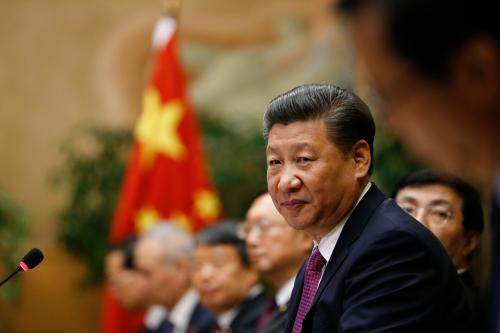
Ted Piccone
September 24, 2018
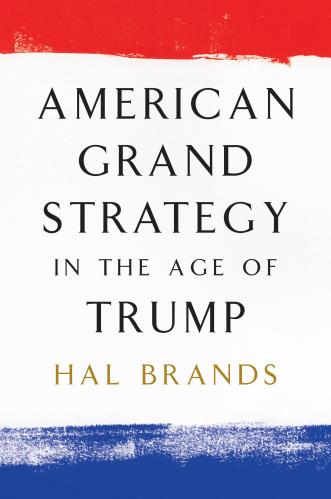
Hal Brands
January 16, 2018
Panelist


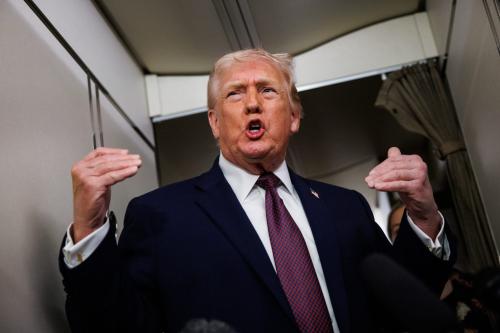
Sun Chenghao
January 12, 2026
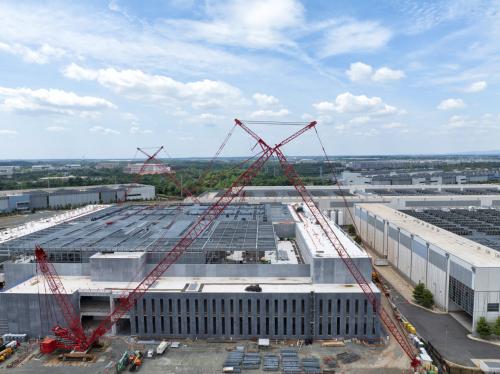
Kyle Chan, Samantha Gross, Liza Tobin, David G. Victor, Ryan Hass, Patricia M. Kim
January 8, 2026

Lynn Kuok
January 2, 2026